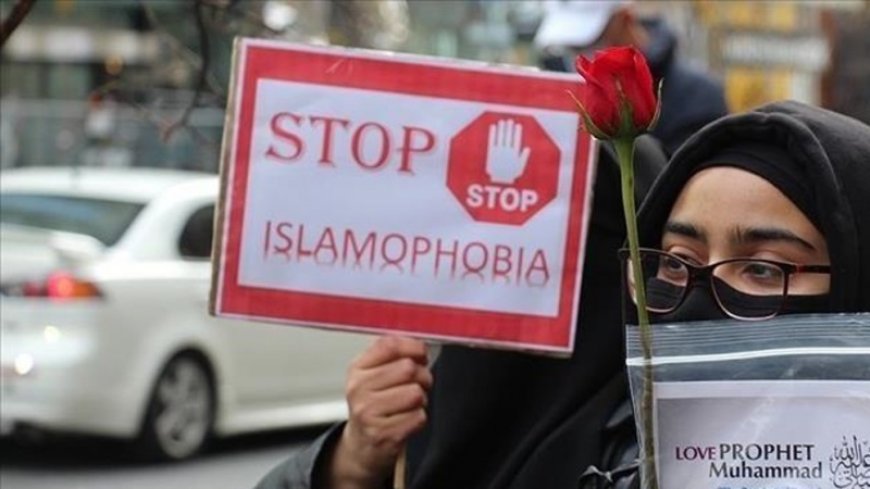Muslims in Germany are confronted with structural racism
Muslims in Germany are confronted with structural racism

According to an independent commission set up by the federal government, Muslims in Germany are confronted with racism, hatred and discrimination on a daily basis.The independent group of experts, which has been dealing with the topic of hostility towards Muslims for three years, has produced a comprehensive report on the racism that the Muslim population in Germany is confronted with. The results were released on Thursday.
"Many of the 5.5 million Muslims in Germany experience exclusion and discrimination in everyday life - including hatred and violence," said Federal Minister of the Interior Nancy Faeser after receiving the report.After evaluating scientific studies, police crime statistics and the documentation of Islamophobic incidents by various authorities, the report comes to the conclusion that at least one third of Muslims in Germany have become victims of racism because of their religious background.
The experts noted that the actual numbers are likely higher, as only 10 percent of the Muslim population reports hostilities and hate crimes against them.According to the report, Muslims in Germany are not only confronted with racism, but also with everyday stereotyping from kindergarten to old age.The 12-member commission cited data showing that around one in two Germans agrees with anti-Muslim statements, which represents “a dangerous breeding ground” for extremist groups.
Even German-born Muslims are widely considered "foreign," Islam is often portrayed as a "backward religion," and women wearing traditional headscarves face "particularly dramatic forms of hostility," the experts said.The report states that negative prejudices against the community include "the attribution of widespread, largely unchangeable, backward and threatening characteristics to Muslims and people perceived as Muslims".
In an analysis of popular culture, the report found that nearly 90 percent of the films seen by the jury presented a negative view of Muslims, often associating them with "terrorist attacks, wars and the oppression of women."Using an example of stereotyping of Muslims in education, the study authors read excerpts from a 2019 political science textbook.
The book claims that Muslims “want to live better than at home, yet persist in their identity, which includes headscarves, mosques, prayer in schools, forced marriages and oppression of women... for many of them it is part of their lives. feeling. The problem is: it collides with our sense of togetherness. "This negative labeling of Muslims has led to the exclusion of Muslims from the German majority society, which perceives Muslims as "the others", even though half of the Muslims living in the country have a German passport, the study says.
It said crime statistics were beginning to paint a more accurate picture of anti-Muslim attacks, but acknowledged that many went unreported.The panel called Muslims "one of the most pressured minorities" in Germany and presented recommendations to political leaders, police and educators, as well as the media and entertainment industries.
Faeser said the government would "intensively study the report's findings and recommendations" and work to "fight discrimination and better protect Muslims from exclusion".Former German interior minister Horst Seehofer created the commission in 2020 after a right-wing extremist killed 10 people and wounded five others in an anti-Muslim shootout in downtown Hanau.
The attack shocked Muslims around the world and prompted human rights groups to sound the alarm amid rising Islamophobic sentiment in the West.It is important to note that the far-right Alternative für Deutschland (AfD) party, which currently sits at about 20 percent nationwide, had an explicitly anti-Muslim party platform.













































